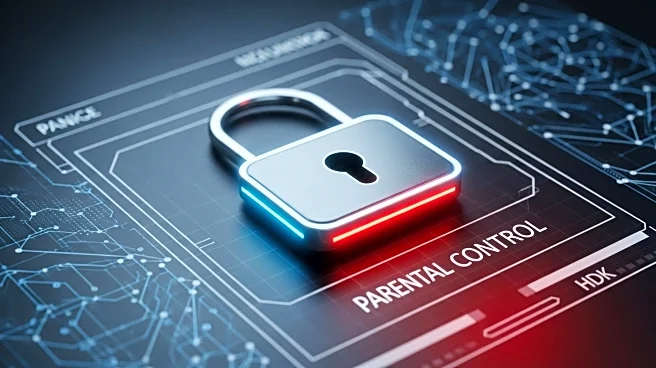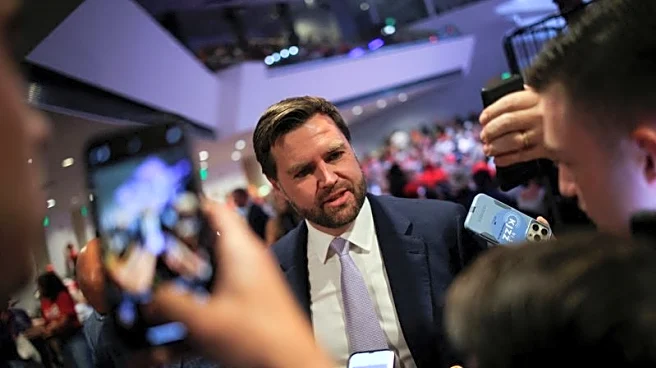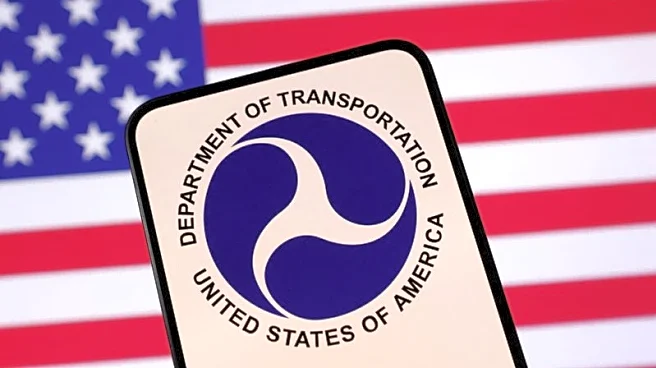What's Happening?
OpenAI has introduced new parental controls for ChatGPT in response to concerns about the platform's impact on teen mental health. However, these controls have been criticized for being easily circumvented. A test revealed that a tech-savvy child could bypass the controls by simply logging out and creating a new account. Additionally, the default privacy settings for teen accounts do not adequately protect young users from potential harms. OpenAI's approach has been compared to that of social media companies, which often shift responsibility to parents rather than ensuring product safety. Despite these issues, OpenAI claims the controls were developed with expert consultation and are intended to provide families with choices.
Why It's Important?
The introduction of parental controls by OpenAI highlights the growing concern over the safety of AI technologies for children. As AI becomes more integrated into daily life, ensuring the safety and well-being of young users is crucial. The criticism of these controls underscores the need for more robust safety measures and accountability from tech companies. The effectiveness of these controls could have significant implications for public policy and industry standards, as regulators and advocacy groups push for better protections for minors online. The outcome of this situation could influence how AI companies design and implement safety features in the future.
What's Next?
OpenAI may face increased scrutiny from regulators and advocacy groups, which could lead to changes in how AI safety is legislated and enforced. The company might need to enhance its parental controls to address the identified shortcomings. Additionally, ongoing discussions about AI safety could result in new regulations that hold companies accountable for the safety of their products. Stakeholders, including parents, educators, and policymakers, will likely continue to advocate for stronger protections for children using AI technologies.
Beyond the Headlines
The situation raises ethical questions about the responsibility of AI companies to protect vulnerable users. It also highlights the potential for AI to impact mental health, emphasizing the need for comprehensive safety measures. The debate over AI safety could lead to broader discussions about the role of technology in society and the balance between innovation and regulation.










